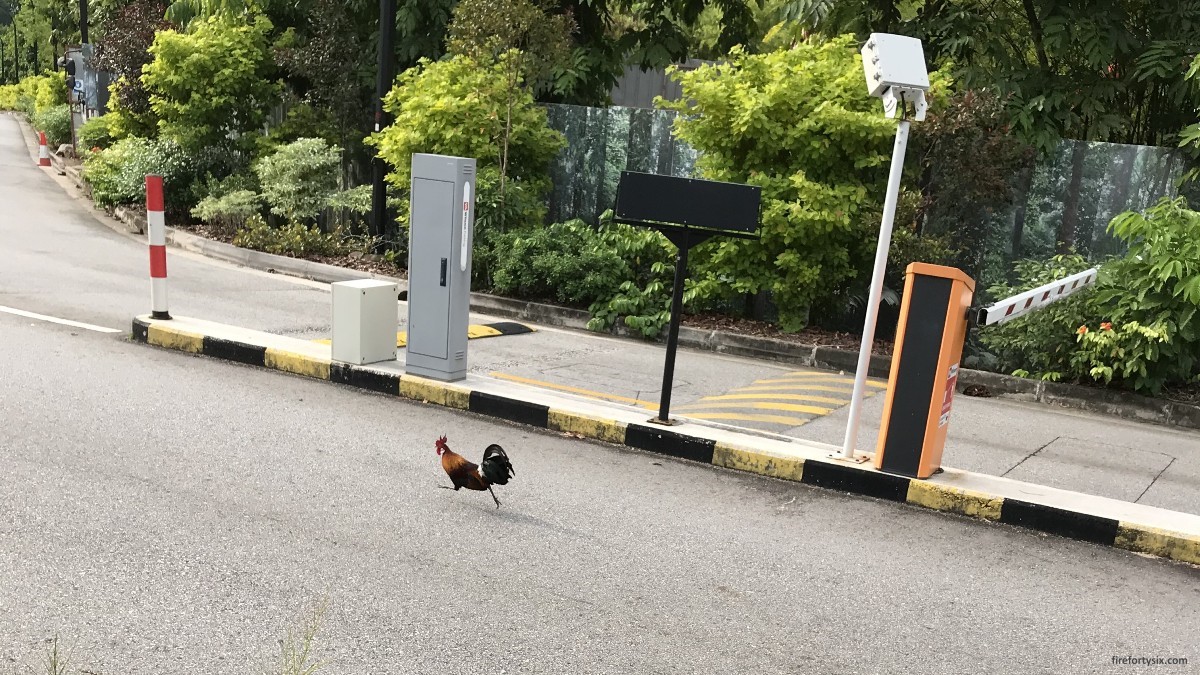Final post on mapping out my data science learning journey, including an overall tracking chart with all the checkpoints.
Checkpoint Foxtrot: Advanced Computing Tools

Once I’ve started coding in anger, it makes sense to start using a code repository like GitHub to do version control, share code and build a portfolio. Any code on my local machine up to this point will have to be migrated and managed in GitHub.
There will also come a point in time where running on my local machine, a three year old Windows laptop with no dedicated GPU, will not be sufficient for serious number crunching. The logical choice then would be to turn to cloud computing services like Amazon Web Services.

Checkpoint Golf: Kaggle Competitions

This is where things start to get serious! Time to join Kaggle, setup a public profile and start practising using the many datasets available there.
Once I’m somewhat familiarised with the Kaggle universe, the next logical step would be to take part in actual competitions to start building a track record. It should be fun trying to climb the rankings ladder, and I’ll probably rope in some like-minded friends to team up and stand a better chance at success.
Checkpoint Hotel: Paid Projects
The end point of my journey will be in sight once I’m able to get paid for working on real-life data science projects. After all, there no better test of providing value-add than to do something and actually get paid. There are many avenues to find consulting projects, including freelancing marketplaces like Upwork and Fiverr.
This step is still quite far away, and I’ll have to explore the various opportunities available when I get closer. I’ll also have to build a professional profile, create a consulting framework and develop marketing collateral. Getting the first paid client is always the hardest, but hopefully that starts the ball rolling and more will follow.
Which brings me back to my original goal.
“I want to be a practising data scientist. Someone who uses data and analytics to answer questions and solve problems.”
Reaching this checkpoint allows me to meet that goal, but learning is a never ending journey and it would be a pity not to keep going. So let’s just call this a significant milestone instead of the end point.
Putting It All Together
To provide a summary view that I can use to keep track of progress, I created the chart below. Time to dig in and get to work!

